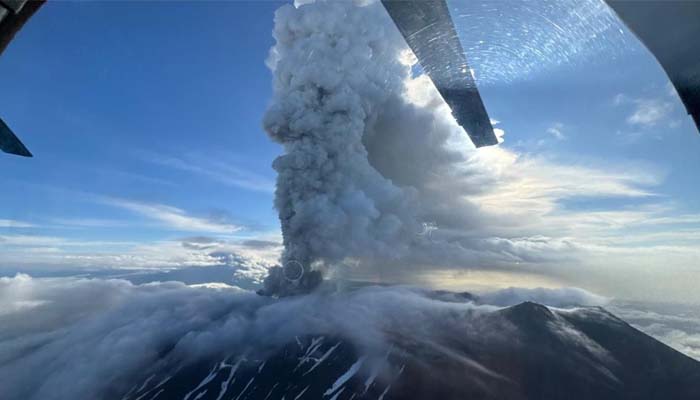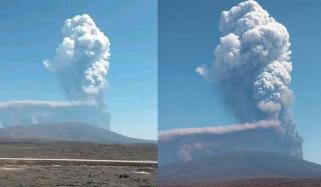
Scientists have warned that the Taftan volcano, which has been sleeping for 700,000 years, has started showing signs of eruption.
According to Independent, a study revealed that the volcano situated close to the Iran and Pakistan border could erupt for the first time in more than 700,000 years, as scientists noted activity after hundreds of thousands of years.
A study published in the Geophysical Research Letter found that the Taftan’s summit has swelled 3.5 inches between July 2023 and May 2024 and is rising with every passing day.
The senior author of the study and volcanologist Pablo González explained that gas pressure building up in the volcano will “have to release somehow in the future, either violently or more quietly.”
He told Live Science, “This study doesn’t aim to produce panic in people. It’s a wake-up call to the authorities in the region in Iran to designate some resources to look at this.”
"This study doesn't aim to produce panic in the people. It's a wake-up call to the authorities in the region in Iran to designate some resources to look at this," González added.
The Taftan is a 12,927-foot (3,940-metre) stratovolcano in southeastern Iran in the mountain range formed by the collision of the Arabian and Eurasian plates. The volcano has active hot springs and sulphur vents but has not erupted in recent human history.












